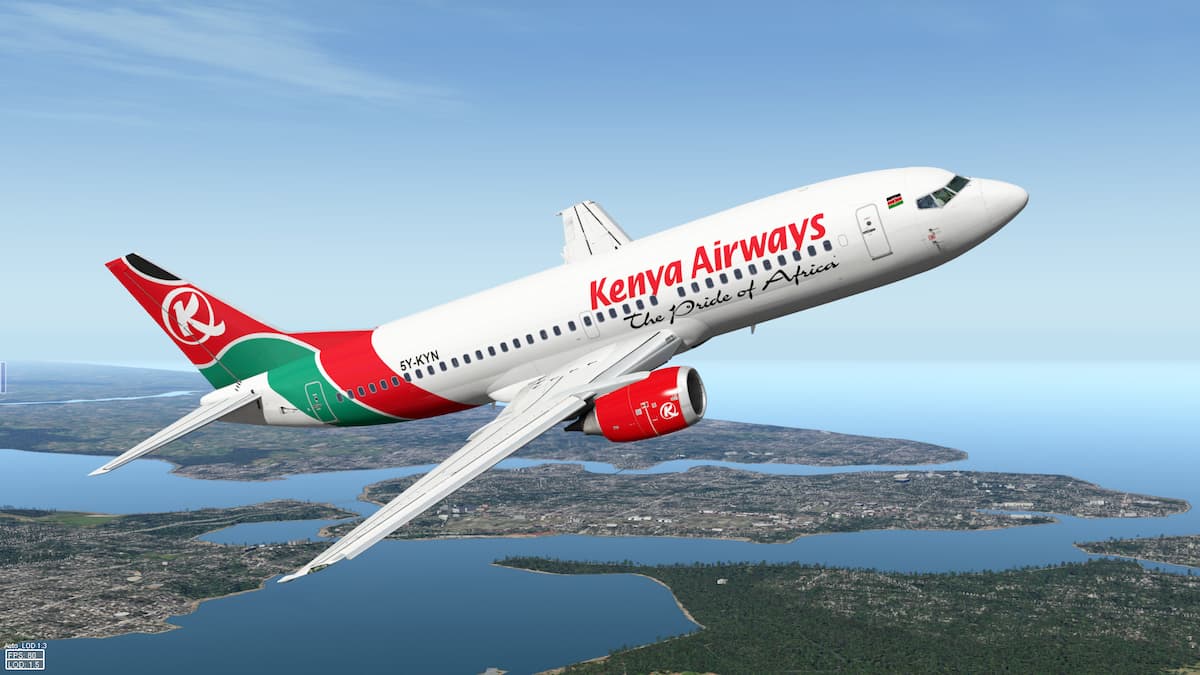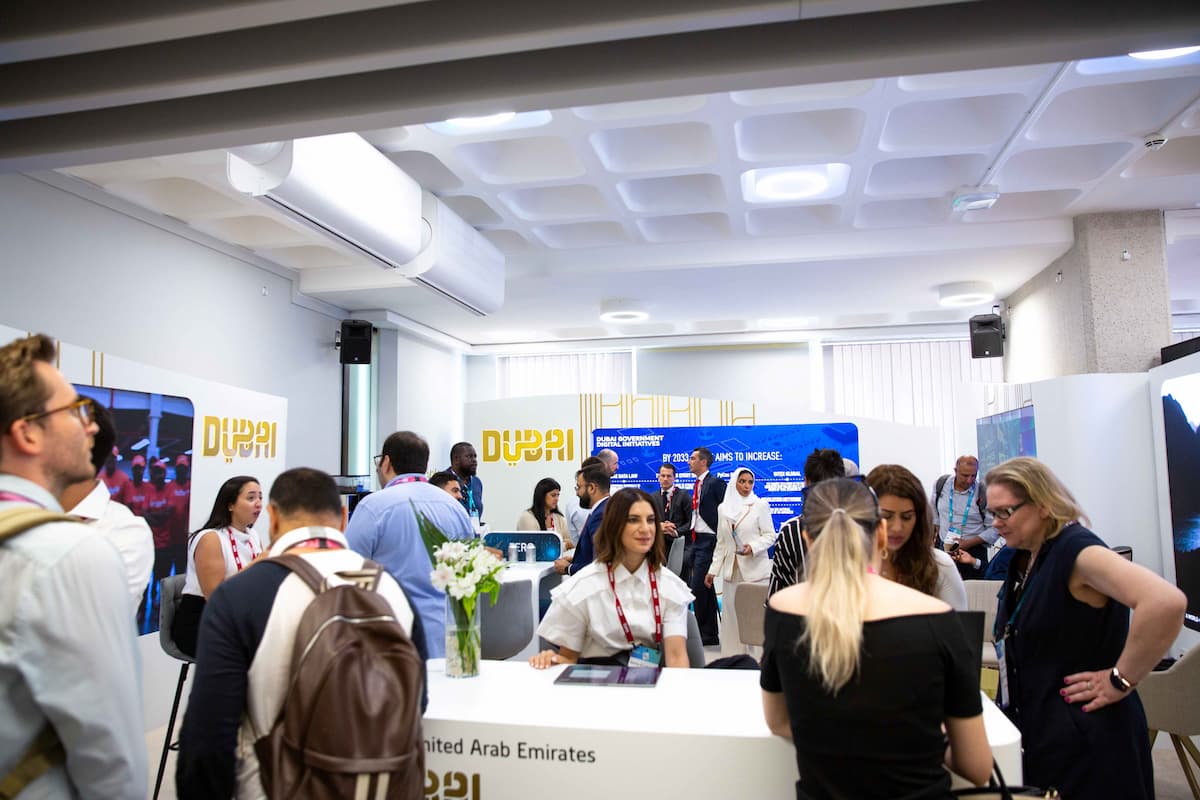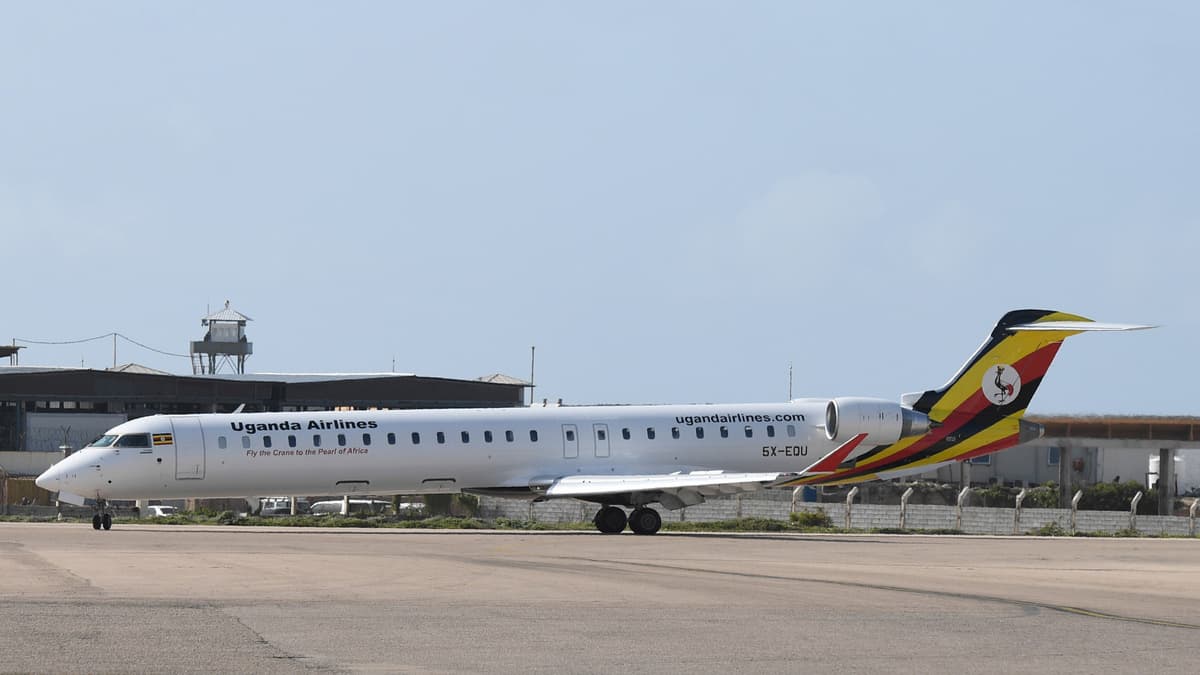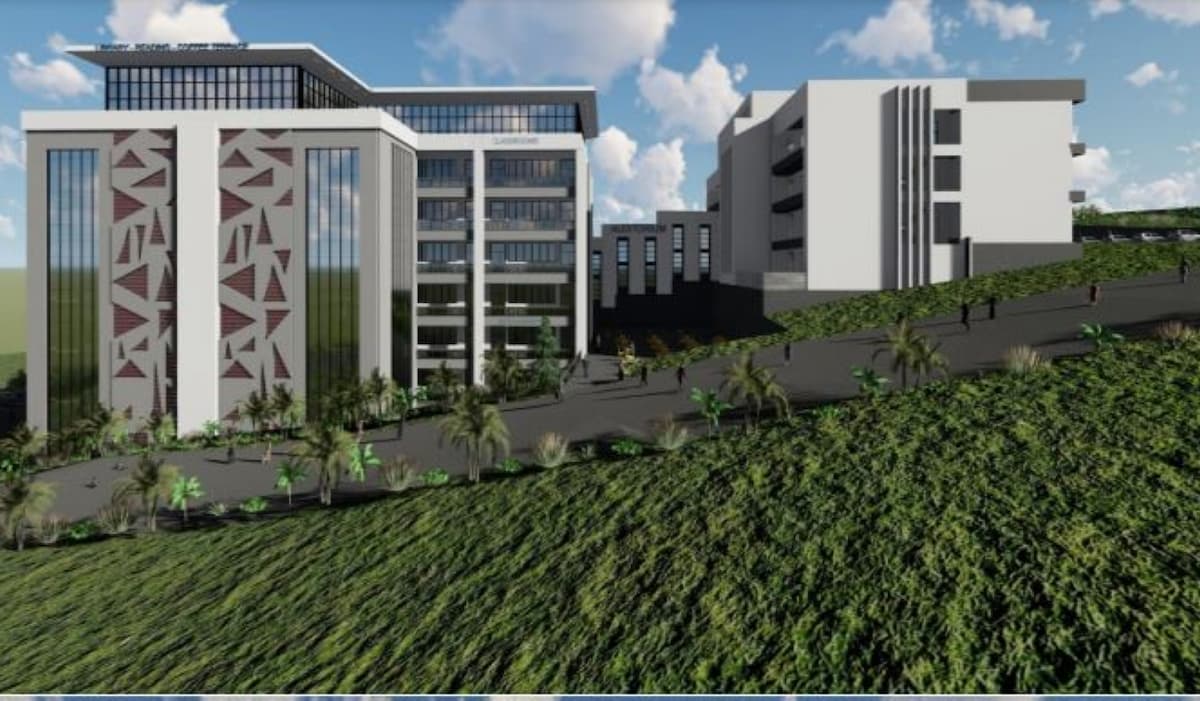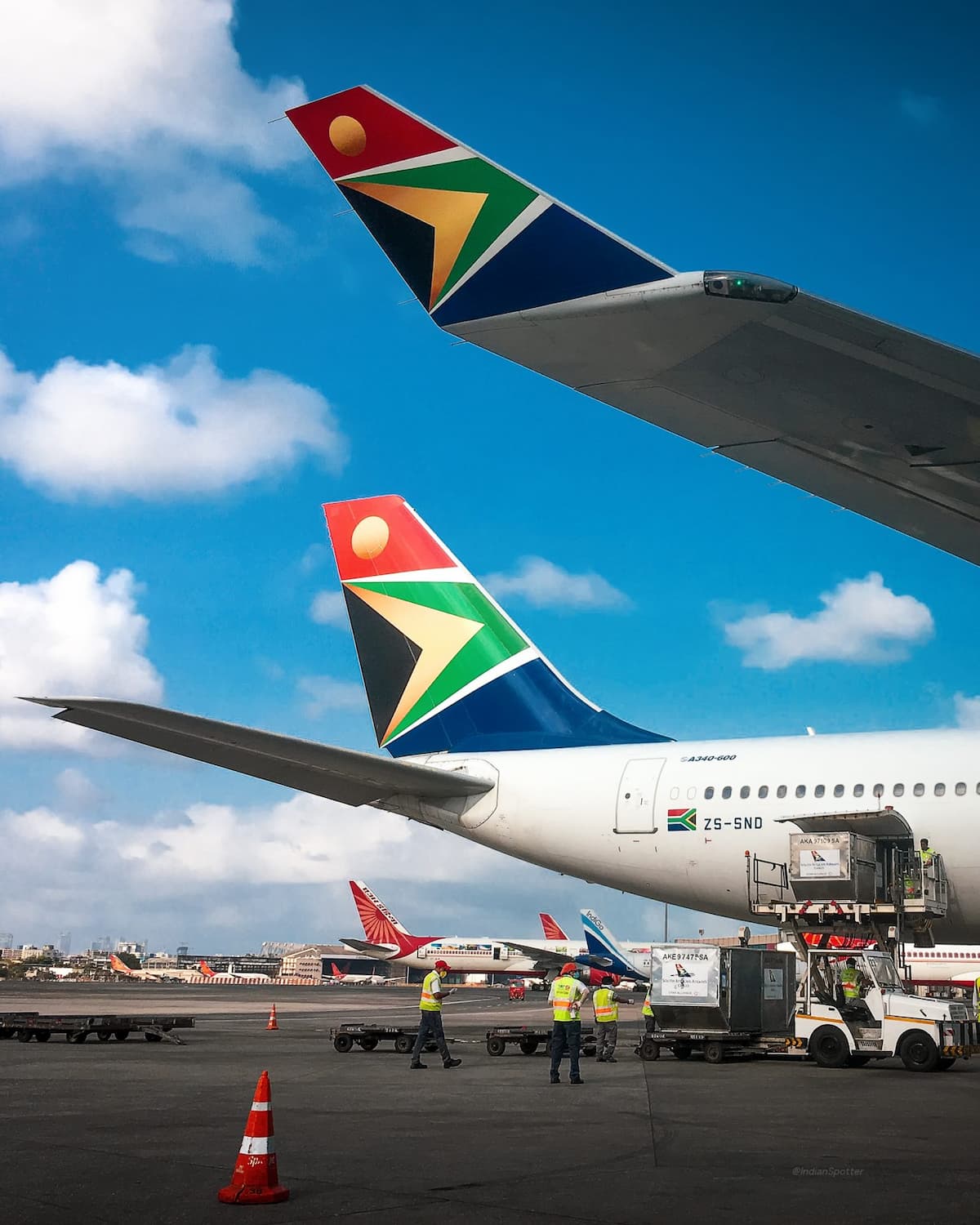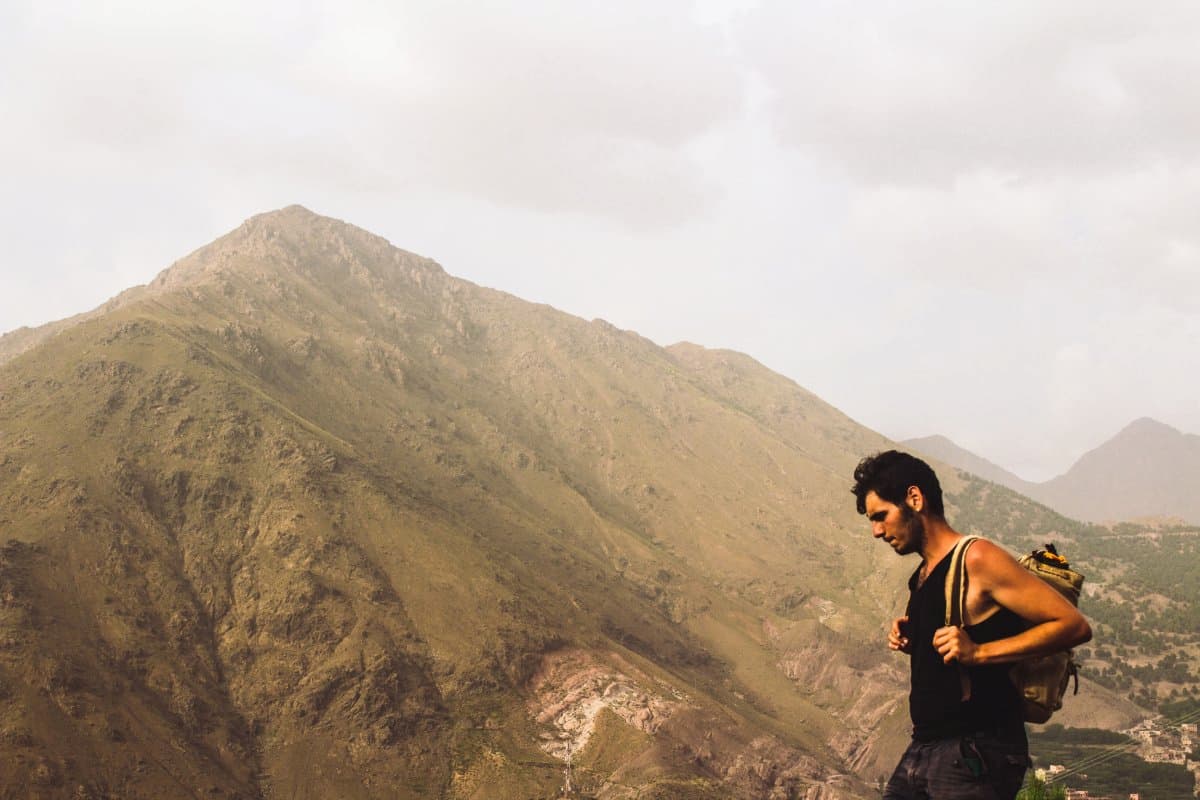Passengers travelling to New York have a reason to smile after the national airline Kenya Airways announced plans to increase flights between the two destinations.
Kenya Airways on Monday announced that it will be increasing its weekly flights from the current four to five from Sunday next week (October 29) and have daily flights from December 4.
“Celebrating five years milestones of 1,700 flights and 72,000 Kilometres to John F Kennedy (JFK) International Airport,” the statement read.
“Starting October 29, 2023, we offer you additional flights from four times to five times weekly from Nairobi to New York and daily flights starting December 4, 2023.”
Kenya Airways has been operating flights to London since its inception as a gateway to the United Kingdom for business travel, leisure travel, trade, and educational purposes.
A flight from JKIA to JFK lasts for about 15 hours eastbound and 14 hours westbound on a Boeing 787 Dreamliner.
The launch of the inaugural direct flights in 2018 saw Kenya become the first East African country and the eighth in Africa to operate direct flights to the US.
In Africa, only South Africa, Nigeria, Ghana, Cape Verde, Ethiopia, Senegal and Morocco were the only countries that were allowed to make direct flights to the US then.
Kenya was allowed to fly directly to the US following its approval for Category One status by the US Federal Aviation Administration in April 2017, and JKIA’s elevation to the status of a Last Point of Departure.
Category one rating means an airport complies with standards set out by the International Civil Aviation Organization (ICAO).
It means that a country’s civil aviation authority has been assessed by FAA inspectors and has been found to license and oversee air carriers in accordance with ICAO aviation safety standards.
In September, KQ announced the introduction of two daily flights to London, effective October 29.
“Starting October 29, 2023, fly 2x daily to London from Nairobi with Kenya Airways for all your corporate, business, leisure, or academic travel needs. Book Now, ” KQ said.
The airline’s customers will have the option of choosing between a morning flight, KQ 100, and an evening flight, KQ 102, allowing for more travel options, convenience, and flexibility.
This comes barely a week after Kenya’s national carrier, was crowned Africa’s leading airline for the fifth time.
The award went to its economy class service and inflight magazine (msafiri) at the World Travel Awards 2023.
The airline was feted at the Africa and Indian Ocean World Travel Awards Gala held on October 15 in Dubai.
Allan Kilavuka, Kenya Airways group chief executive officer and MD said the award was a recognition of listening to their clients.
“It is about listening to the customers and understanding their needs. Our goal is to be the preferred Africa carrier and we are constantly innovating to improve our guest’s customer experience,” said Kilavuka.
KQ renovated the economy-class inflight service in 2023. This included a rollout of tray service in economy class to replace the existing box service and an extra hot meal starter and yoghurt for breakfast on specific mid to long-haul flights across the network.
Source: The-star

